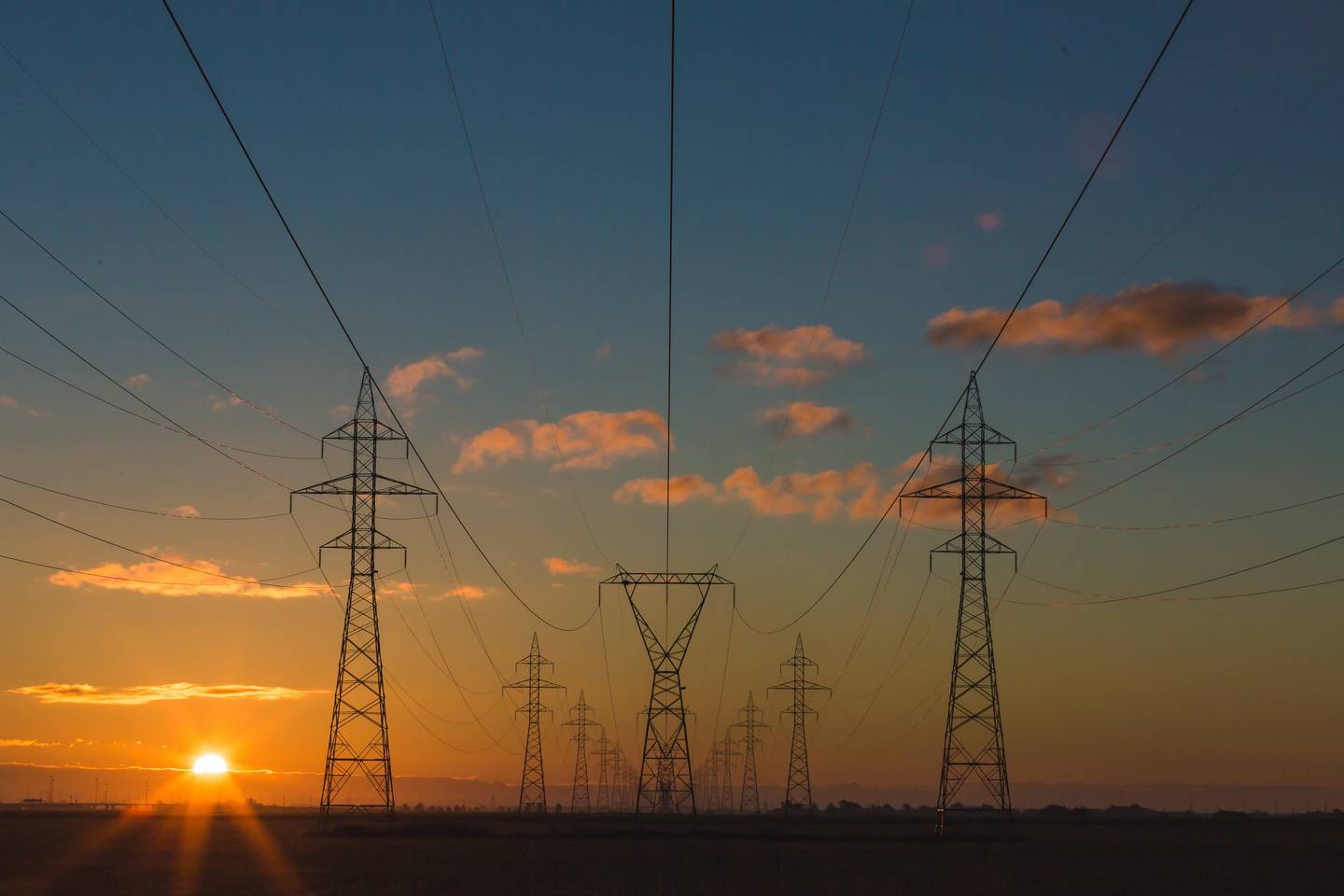Từ Vựng Bài Đọc Reducing Electricity Consumption On The Isle Of Eigg
Xem danh sách từ vựng Vocabulary của đề Reducing Electricity Consumption On The Isle Of Eigg được lấy từ cuốn Practice Test Plus 3 - Test 1-Passage 1. Phần từ vựng IELTS của bài chứa bộ từ, bao gồm phát âm, định nghĩa, ví dụ và cả hình ảnh sẽ giúp thí sinh IELTS dễ hiểu nội dung của đề bài hơn
Approximately
/əˈprɑksəmətli/
(adv). almost, but not completely
resident
/ˈrɛzɪdənt/
(noun). a person who lives in a particular place or who has their home there
proportion
/prəˈpɔrʃən/
(noun). A part, share, or number considered in comparative relation to a whole.
household
/ˈhaʊsˌhoʊld/
(noun). A house and its occupants regarded as a unit.
consumption
/kənˈsʌmpʃən/
(noun). the action of using up a resource.
consume
/kənˈsum/
(verb). Eat, drink, or ingest (food or drink)
modem
/ˈmoʊdəm/
(noun). a device that connects one computer system to another using a telephone line so that data can be sent
generate
/ˈʤɛnəˌreɪt/
(verb). cause emotion to arise or come about.
renewable
/riˈnuəbəl/
(adj). of a natural resource or source of energy not depleted when used.
solar
/ˈsoʊlər/
(adj). related to the sun
monitor
/ˈmɑnətər/
(verb). Observe and check the progress or quality of (something) over a period of time
cumulative
/ˈkjumjələtɪv/
(adj). increasing or increased in quantity, degree, or force by successive additions
usage
/ˈjusəʤ/
(noun). The action of using something or the fact of being used.
diesel
/ˈdisəl/
(noun). an internal combustion engine in which heat produced by the compression of air in the cylinder is used to ignite the fuel
generator
/ˈʤɛnəˌreɪtər/
(noun). a machine or device that produces something
insufficient
/ɪnsəˈfɪʃənt/
(adj). not large, strong or important enough for a particular purpose
demand
/dɪˈmænd/
(noun). an insistent and peremptory request, made as if by right
insulation
/ˌɪnsəˈleɪʃən/
(noun). the act of protecting something with a material that prevents heat, sound, electricity, etc. from passing through; the materials used for this
free of charge
/fri ʌv ʧɑrʤ/
(phrase). without having to pay
Heritage
/ˈhɛrətəʤ/
(noun). property that is or may be inherited; an inheritance.
property
/ˈprɑpərti/
(noun). A thing or things belonging to someone; possessions collectively.
greenhouse
/ˈgrinˌhaʊs/
(noun). a glass building protecting plants from cold weather
aid
/eɪd/
(noun). Help, typically of a practical nature.
grant
/grænt/
(noun). a sum of money given by a government or other organization for a particular purpose
inhabitant
/ɪnˈhæbətənt/
(noun). A person or animal that lives in or occupies a place
scheme
/skim/
(noun). A large-scale systematic plan or arrangement for attaining some particular object
emission
/ɪˈmɪʃən/
(noun). The production and discharge of something,
secondary
/ˈsɛkənˌdɛri/
(adj). Coming after, less important than, or resulting from someone or something else
locally
/ˈloʊkəli/
(adv). With reference to a particular area or one's neighbourhood.
import
/ˈɪmpɔrt/
(verb). bring (goods or services) into a country from abroad for sale
grid
/grɪd/
(noun). A framework of spaced bars that are parallel to or cross each other; a grating.
installation
/ˌɪnstəˈleɪʃən/
(noun). the action or process of installing someone or something, or of being installed.
significant
/səgˈnɪfɪkənt/
(adj). large or important enough to have an effect or to be noticed
harvest
/ˈhɑrvəst/
(verb). The process or period of gathering in crops.
forestry
/ˈfɔrəstri/
(noun). the science or practice of planting and taking care of trees and forests
elimination
/ɪˌlɪməˈneɪʃən/
(noun). the process of removing or getting rid of something/somebody completely
constant
/ˈkɑnstənt/
(adj). unchanged with time
reliable
/rɪˈlaɪəbəl/
(adj). Consistently good in quality or performance; able to be trusted.
Well-off
/wɛl-ɔf/
(adj). rich
incentive
/ɪnˈsɛntɪv/
(noun). something that encourages you to do something
equitable
/ˈɛkwətəbəl/
(adj). fair and reasonable; treating everyone in an equal way
access
/ˈækˌsɛs/
(noun). the means or opportunity to approach or enter a place
employment
/ɛmˈplɔɪmənt/
(noun). the state of being employed
maintenance
/ˈmeɪntənəns/
(noun). The process of preserving a condition
Likewise
/ˈlaɪˌkwaɪz/
(adv). In the same way; also.
Isle
/aɪl/
(noun). used especially in poetry and names to mean ‘island’
mainland
/ˈmeɪnˌlænd/
(noun). A large continuous extent of land that includes the greater part of a country or territory à island, boundary, peninsula
labour
/ˈleɪˌbaʊr/
(noun). work, especially hard physical work.
sufficiency
/səˈfɪʃənsi/
(noun). The condition or quality of being adequate or sufficient.
apparent
/əˈpɛrənt/
(adj). Clearly visible or understood; obvious.
instantaneous
/ˌɪnstənˈtæniəs/
(adj). Occurring or done instantly.
have a keen sense
/hæv ə kin sɛns/
(phrase). have a good ability to understand something or how to use something.
appliance
/əˈplaɪəns/
(noun). a device, machine, or piece of equipment, especially an electrical one that is used in the house
minimise
/ˈmɪnɪmaɪz/
(verb). reduce to the smallest possible amount
postpone
/poʊstˈpoʊn/
(verb). to delay an event and plan or decide that it should happen at a later date or time
measure
/ˈmɛʒər/
(noun). a way of achieving something, or a method for dealing with a situation
insulate
/ˈɪnsəˌleɪt/
(verb). Protect (something) by interposing material that prevents the loss of heat
affordable
/əˈfɔrdəbəl/
(adj). Inexpensive; reasonably priced.
economic
/ˌɛkəˈnɑmɪk/
(adj). connected with the trade, industry
accommodation
/əˌkɑməˈdeɪʃən/
(noun). A room, group of rooms, or building in which someone may live or stay.


